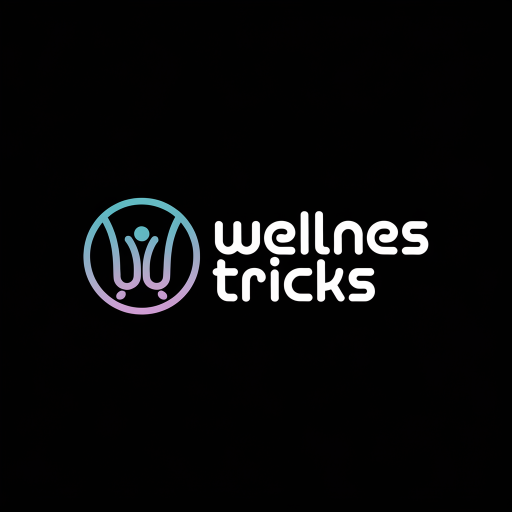Why You Might Be Wasting Money on Supplements
Imagine spending $50 a month on a multivitamin, convinced it’s vital for your health. Yet, countless studies show that a well-rounded diet often provides the same nutrients more effectively. Many people overlook this, investing in supplements that may not only be unnecessary but potentially harmful. Are you truly addressing your health needs or just following trends? Understanding the real value of nutrition and how it affects your body could change how you prioritize your wellness.
Common Myths About Supplements
While many people believe that supplements are a guaranteed way to improve health, several common myths surround their use.
One major myth is that all supplements are safe and effective. In reality, some can cause adverse effects or interact with medications.
Another misconception is that supplements can replace a poor diet. They can’t—whole foods provide essential nutrients that capsules simply can’t replicate.
Additionally, the idea that more is better isn’t always true; excessive intake can lead to toxicity. Furthermore, relying on supplements instead of making evidence-based nutrition choices can lead to misguided health decisions.
The Role of a Balanced Diet
A balanced diet plays a crucial role in maintaining overall health and wellbeing, as it supplies your body with essential nutrients that support various functions.
By incorporating a variety of food groups—fruits, vegetables, whole grains, lean proteins, and healthy fats—you ensure you’re getting vitamins, minerals, and antioxidants that promote optimal bodily function.
Research shows that whole foods can effectively prevent deficiencies and chronic diseases better than supplements alone.
Incorporating easy daily habits into your routine can further enhance your immune system.
Instead of relying on pills, focus on nutrient-rich foods to meet your dietary needs.
This approach not only enhances your health but also saves you money, reducing the temptation to waste funds on unnecessary supplements.
Understanding Nutrient Absorption
How effectively your body absorbs nutrients can significantly impact your overall health. Factors such as digestive health, the food you consume, and individual biochemical variations play a crucial role.
For instance, certain nutrients require specific conditions for absorption, like fat-soluble vitamins, which need dietary fat. Additionally, gut health is vital; imbalances can hinder absorption. Natural strategies for gut health can play a significant role in optimizing how your body processes and utilizes these nutrients.
It’s essential to recognize that merely taking supplements doesn’t guarantee nutrients enter your bloodstream effectively. You should prioritize nutrient-dense foods and consider factors like timing and pairings, as these elements can enhance or inhibit absorption, ensuring your body gets the most from what you consume.
The Importance of Evidence-Based Research
Many people underestimate the importance of evidence-based research when it comes to supplements. Without solid research backing a product’s claims, you’re essentially risking your health and wasting your money.
Studies can reveal whether a supplement has real benefits, appropriate dosages, or potential side effects. Relying on anecdotal evidence or clever marketing can lead you astray.
Instead, seek out peer-reviewed studies and trusted sources that provide objective insights. This approach ensures that what you’re purchasing truly meets your needs, rather than falling victim to trends or misconceptions.
Make informed choices, and prioritize your health by emphasizing scientifically-backed information. For instance, focusing on evidence from scientific studies about boosting immunity with vitamins can guide you in selecting the right supplements to support your health effectively.
Evaluating Personal Health Needs
Before you invest in any supplement, it’s crucial to assess your personal health needs. Understanding your unique situation helps you avoid unnecessary expenses.
Consider these key factors:
-
Diet and Nutrition: Evaluate your daily food intake. Are you missing essential nutrients?
-
Health Conditions: Identify any existing medical conditions or medications that may interact with supplements.
-
Lifestyle Factors: Think about your activity level, age, and stress levels. Do these influence your nutritional requirements?
Additionally, recognize the importance of essential vitamins for women that may be missing from your diet, as they play a crucial role in overall health.

